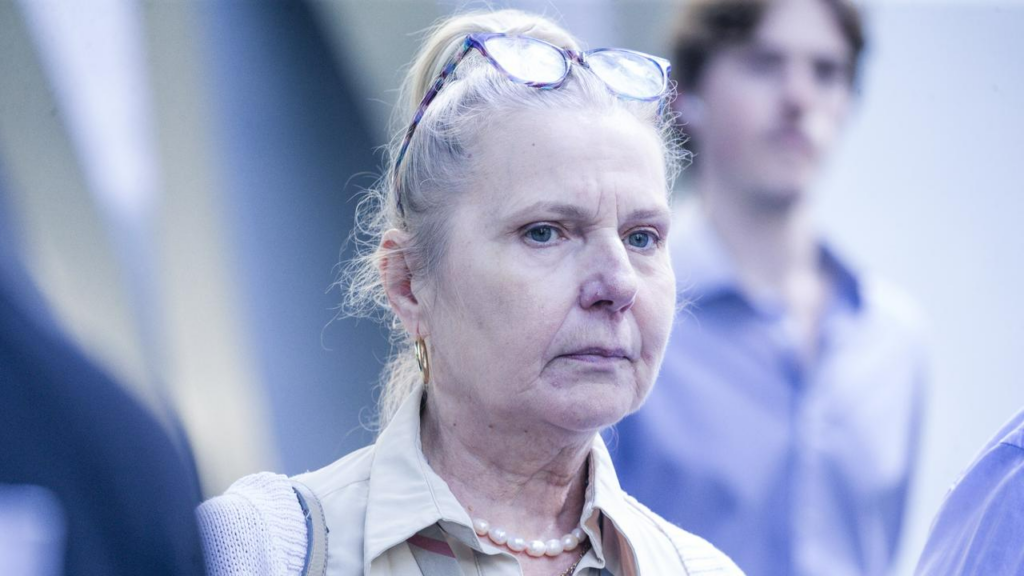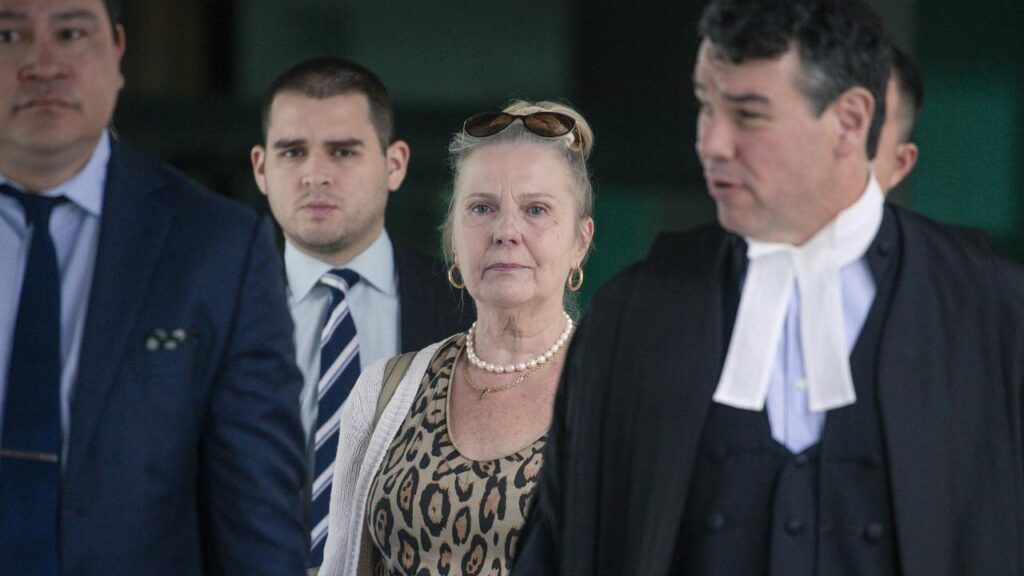Qld DV crisis: Courts powerless to restrain offenders due to loophole

Queensland is in the grip of a domestic violence crisis, and a little-known judicial loophole is stopping police from keeping known perpetrators behind bars.
The sobering reality is that Attorney-General Shannon Fentimancould change the law today and help save the lives of innocent women.
Yet despite pleas from the Queensland Police Union and senior domestic violence lawyers, the loophole remains.
The government claims that if a woman is strangled or assaulted that it does carry a criminal charge. However, if it’s committed in a domestic violence situation then it becomes an aggravating factor in sentencing.
Instead, they are dealt with under the Domestic and Family Violence Act.
It is now clear that alleged acts of violence against partners or ex-partners must be taken out of the civil jurisdiction and put into the criminal sphere.
Police are increasingly frustrated at this anomaly. Criminal acts arising out of a domestic relationship must be charged as criminal acts. Murder is murder. Currently, the domestic violence system allows for serious criminal acts to be included in an application for a Permanent Order, meaning they are deemed as acts of domestic violence.
Far too often material before the domestic violence court alleges strangulation, serious assaults and sexual assaults but the respondent is not criminally charged with such serious offences.

So if you strangle a stranger on the street you’re charged with a criminal offence but if you strangle your ex-wife, it’s not deemed as a crime.
Crazy? You bet.
Such allegations remain as alleged acts of domestic violence for the purpose of the application before the Domestic Violence court. As a consequence, according to seasoned family law solicitors, often respondents do not treat an application for a permanent domestic violence order containing such allegations as serious.
However, by treating the alleged domestic violence acts as criminal matters, the respondent treats the matter with the appropriate respect that a serious criminal charge carries.
The further benefit of treating such alleged acts as criminal acts also carries the criminal link of bail conditions and the ramifications of bail conditions if they are breached. Also part of this tougher stance is that the application of the rules of evidence and the balancing principles of the Penalties and Sentencing Act 1992 are applied in sentencing any offender.
The reality is that we cannot continue to watch and bemoan the violent act of domestic violence that resulted in the deaths of Hannah Clarke and her three children, and the alleged act that killed Gold Coast mother of three Kelly Wilkinson, when the law is being used to encourage such violence. The law is there to protect, not hinder.
Both Hannah Clarke and Kelly Wilkinson burned to death. Last week we saw another allegation of a man burning down a Brisbane house with his wife inside. Luckily she escaped.
The Attorney-General must act now to get the legislative framework in place to stop the continuation of this jihad against predominantly women.

Treating alleged acts of domestic violence as criminal in nature is not new and is consistent with research known as the Minneapolis Domestic Violence Experiment which is one of the most famous studies in the field of criminology and criminal justice.
The research found that alleged perpetrators of domestic violence who were arrested and put through the criminal justice process at first instance were less likely to reoffend.
The authors of the research said the interaction with the criminal justice system was a deterrent to further acts of domestic violence.
The current system allows for some alleged perpetrators of acts of domestic violence to view the issuing of a temporary or a permanent protection order and the orders contained within them as not of serious consequence.
The finding of guilt to an alleged breach of a temporary or final order is seen by some as merely an inconvenience rather than a serious offence with punishment. According to prominent domestic violence lawyer and Adjunct Professor of Law Jason Murakami, changing the law is a no-brainer.
“This goes to the heart of the domestic violence problem and practitioners dealing with domestic violence on a daily basis know that this issue needs to be addressed immediately,” he said.
This issue will no doubt be canvassed by the McMurdo inquiry, although its findings are not due to be handed down until next year. We must act now to change this loophole and save lives.
In the Media
Behlau Murakami Grant hosts DJ Fisher at Opetaia World Title Fight
Gold Coast-based international DJ Paul “The Fish” Fisher was almost a bigger hit with fight fans...
Church, police under fire from Behlau Murakami Grant after childcare manager cleared of computer hacking.
Childcare manager Yolanda Borucki has been found not guilty of computer hacking after she went to the...
Whistleblower Found not Guilty Thanks to Behlau Murakami Grant
The whistleblower accused of sharing confidential details surrounding Australia’s worst pedophile has had her name...



